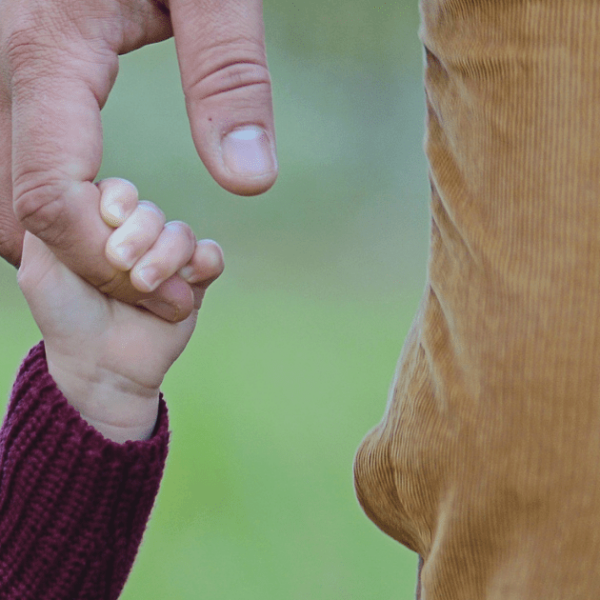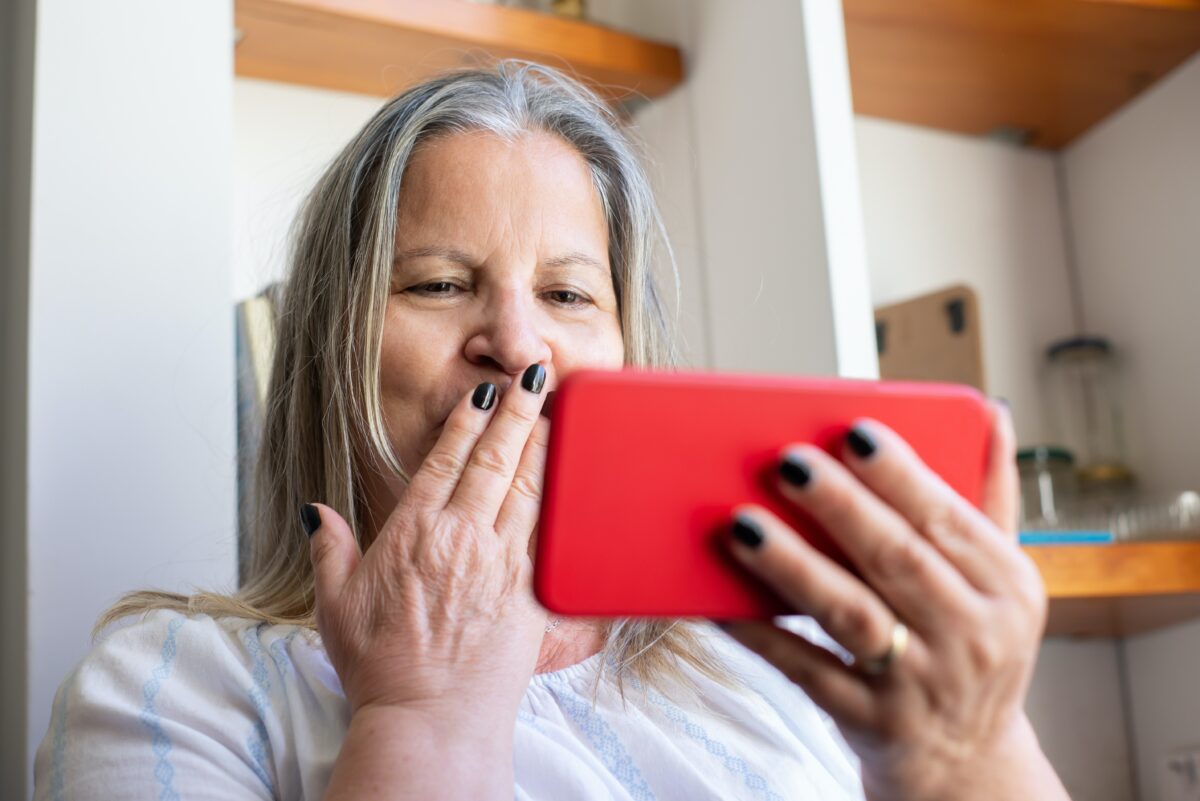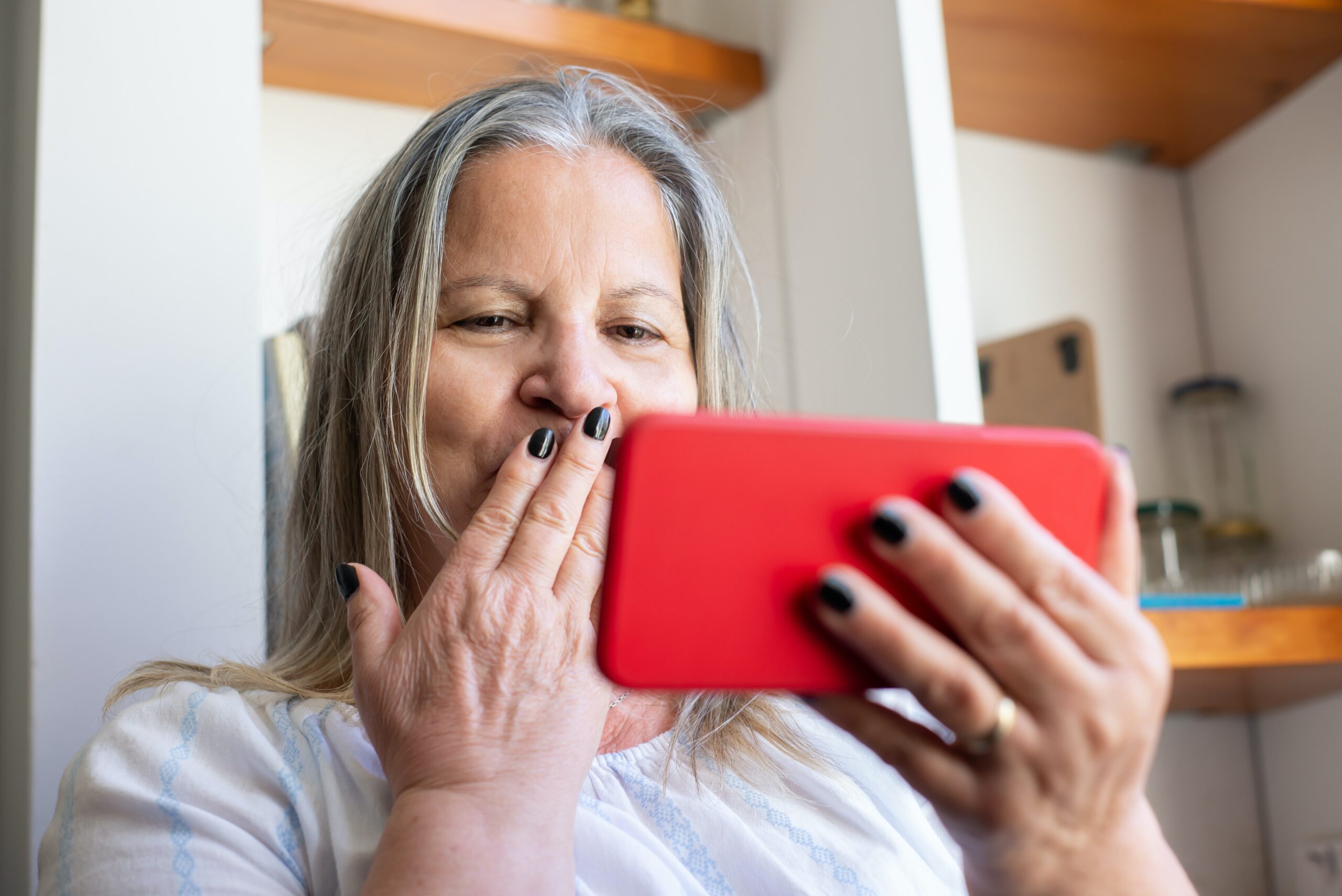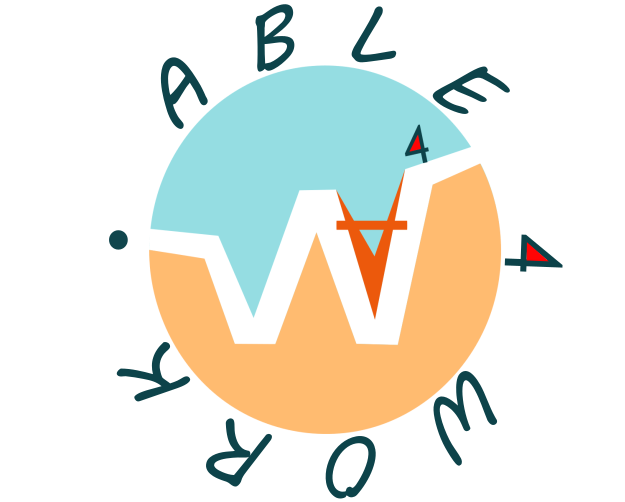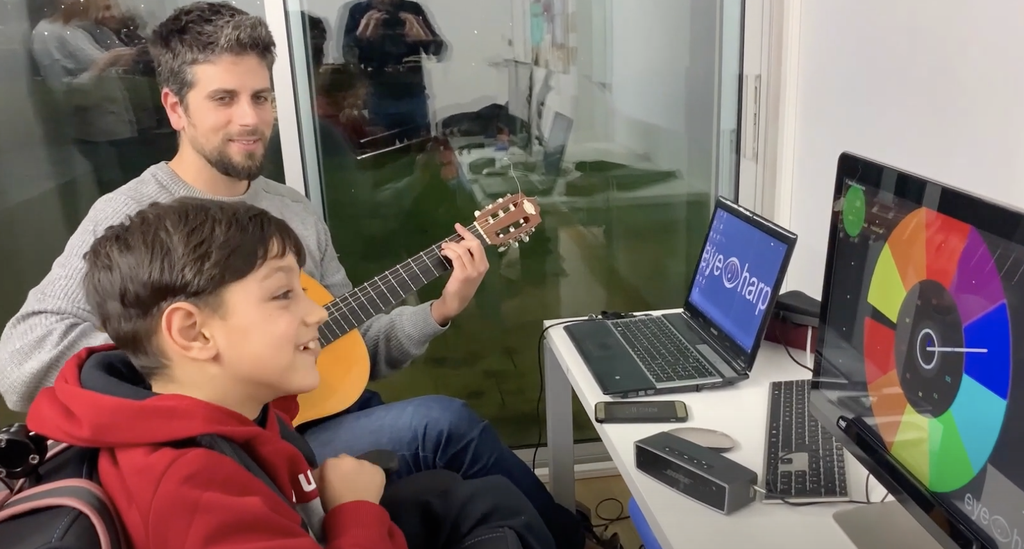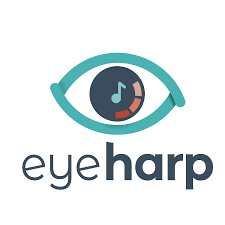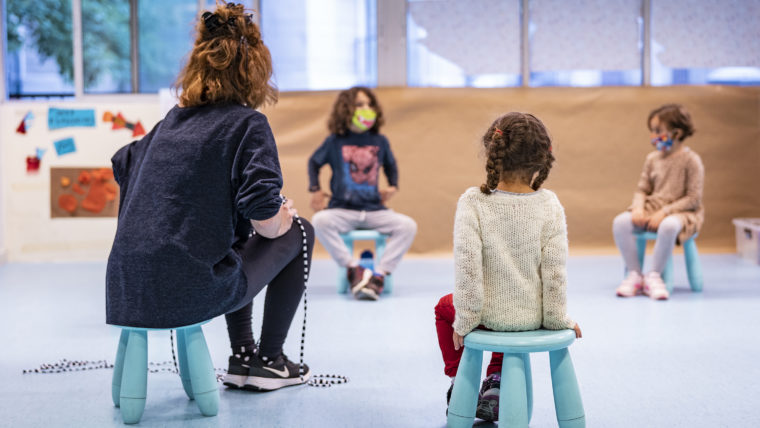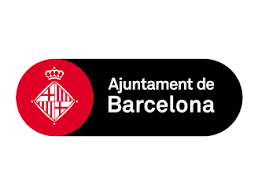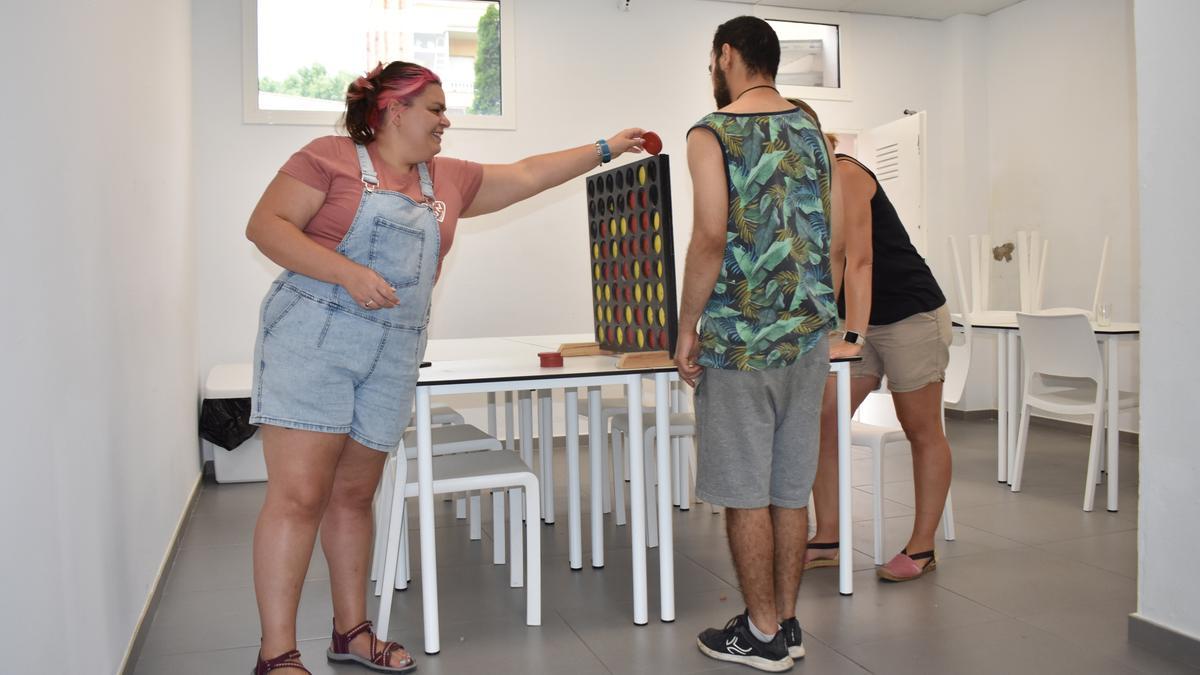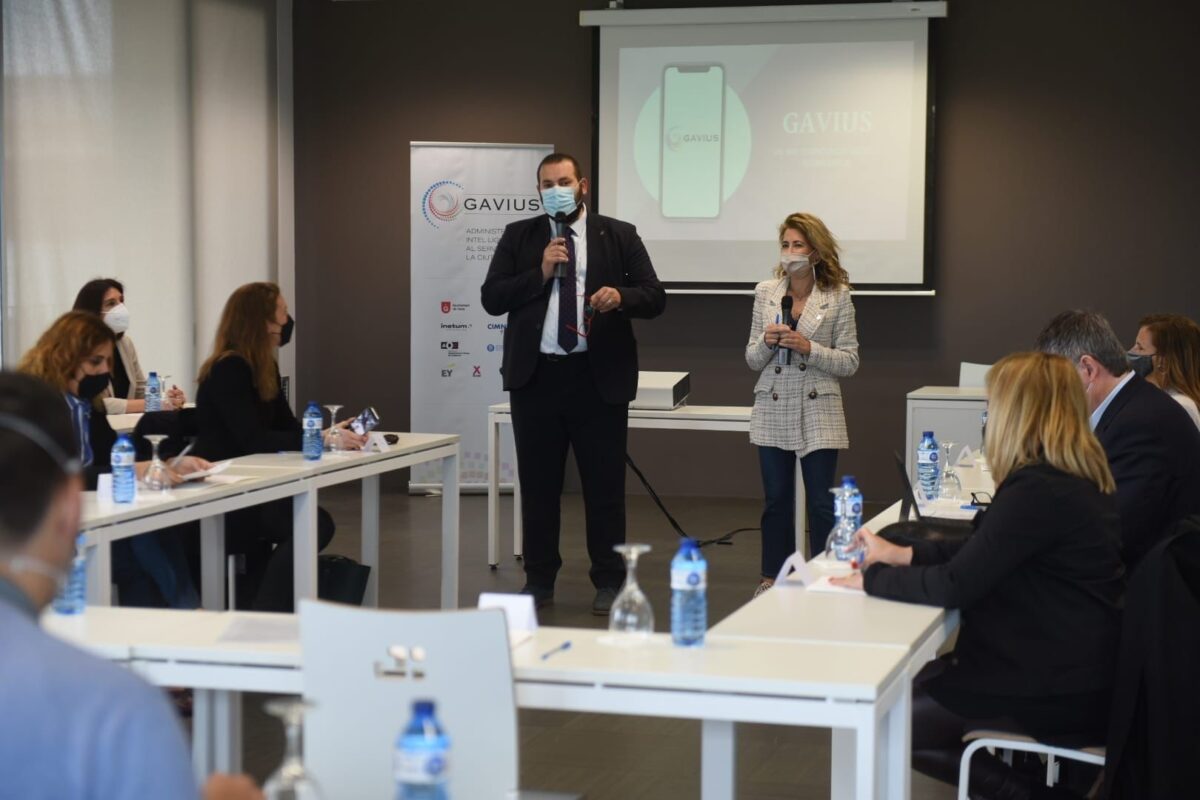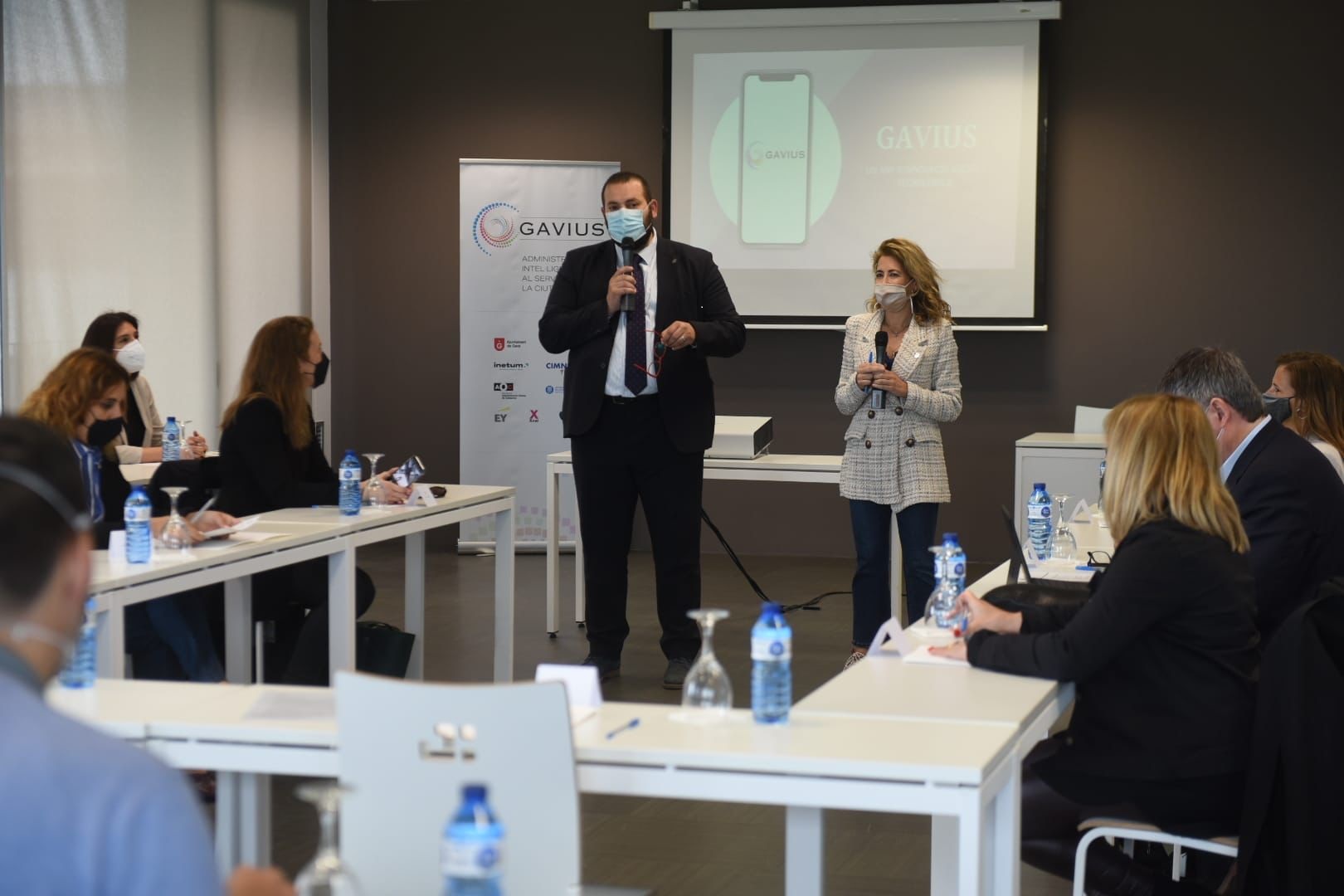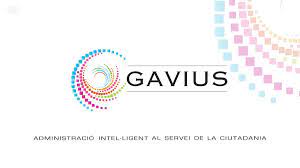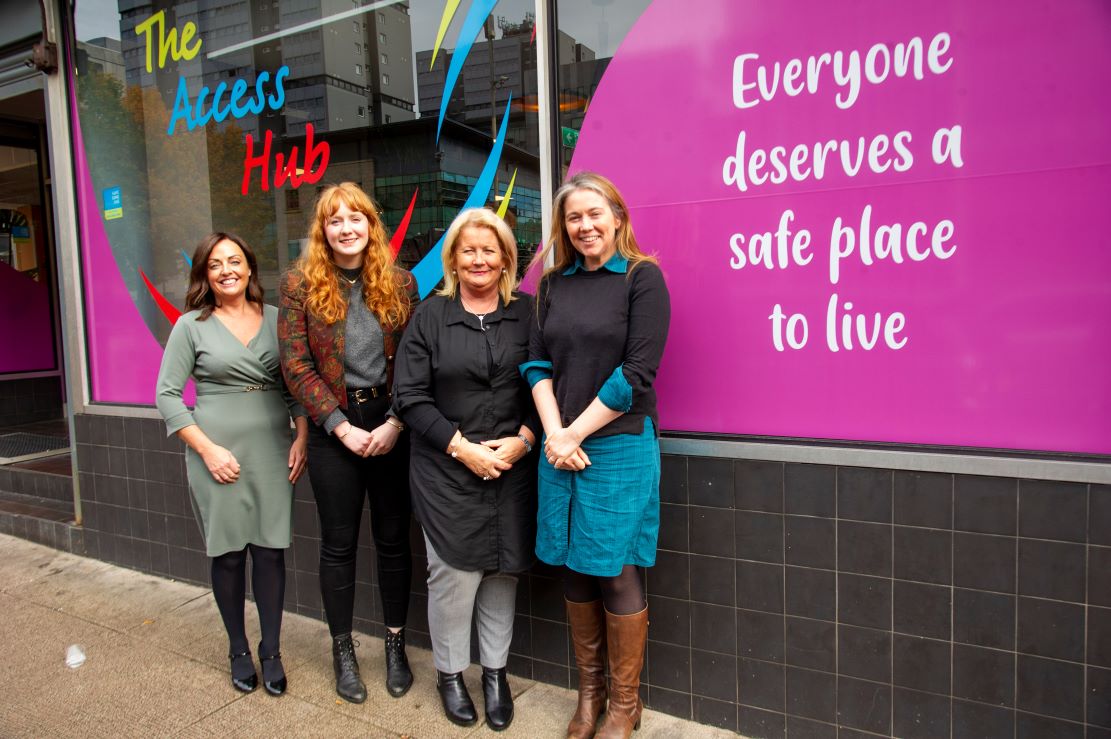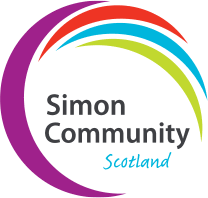Simulateur Aides Sociales, a tool that informs citizens of the social aids
Simulateur Aides Sociales, a tool that informs citizens of the social aids
Beta.gouv.fr, CNIL, CAF, Assurance maladie, Agefiph, Pôle Emploi, Assurance retraite, Crous, Anah, Anil

A fast and efficient tool that informs the French population about the social assistance they are entitled to receive. Powered by several public and private actors and with an individualized online service, the simulator estimates to users the assistance benefits that are due to each of them.
The Simulateur Aides Sociale was born out of the realization that a large part of French citizens are unaware of the many social systems and benefits –both national and local– to which they are entitled and from which they can benefit. In France, billions of euros of social assistance do not find beneficiaries, either due to lack of awareness, demand or receipt, resulting in the loss of considerable income per household. The simulator, launched by the French government and in partnership with various associations and companies in the technology sector, aims to combat the high rate of non-appeals for social assistance by informing and guiding among the many existing aids.
It is a free tool that enhances the rights to social assistance of each person with a very simple and effective operation. With guaranteed anonymity and confidentiality of information, each user is asked to answer a few questions about family and professional life. Then, in a few minutes, the simulator classifies more than 1,000 social systems and lists the benefits available to each person according to their personal situation. Once the user is aware of the benefits, the relevant claims can be made and the financial aid can be received.
The benefits available in the simulator are grouped according to their function (health, housing, transport, professional integration, family, etc.) and are both national and departmental, depending on the place of residence entered by the user. However, it should be borne in mind that the result obtained from the simulation is indicative and does not guarantee that the user will end up receiving the aid, as only the organization empowered to grant it can decide whether the user is actually eligible.
Localization
France
Partners / Funders
Aide.sociale.fr, Beta.gouv.fr, CNIL
Genesis
The origins of the social assistance simulator in France date back to 2008, when the French government launched the “mes-aides.gouv.fr” portal with the aim of enabling citizens to find out which social benefits to apply for according to their personal situation. In 2014, the French government launched a new version of the portal, which includes a more sophisticated social aid simulator that accurately calculates entitlements to different social benefits. Since its launch, it has undergone several changes to improve its accuracy and accessibility. The simulator is one of the ways in which Aide Sociale France fights against non-appeal for benefits. Among other things, it also publishes comprehensive guides designed to facilitate access.
Level of implementation
Of all the available simulators, the one offered by Aide Sociale France is the most complete. It receives many visits and has been used by more than one million people in the last year. Moreover, users are satisfied: they consider it a powerful and easy-to-use tool and recommend it. However, the simulator is still in beta version and work is underway to improve and optimize it.

Banc d’innovacions


